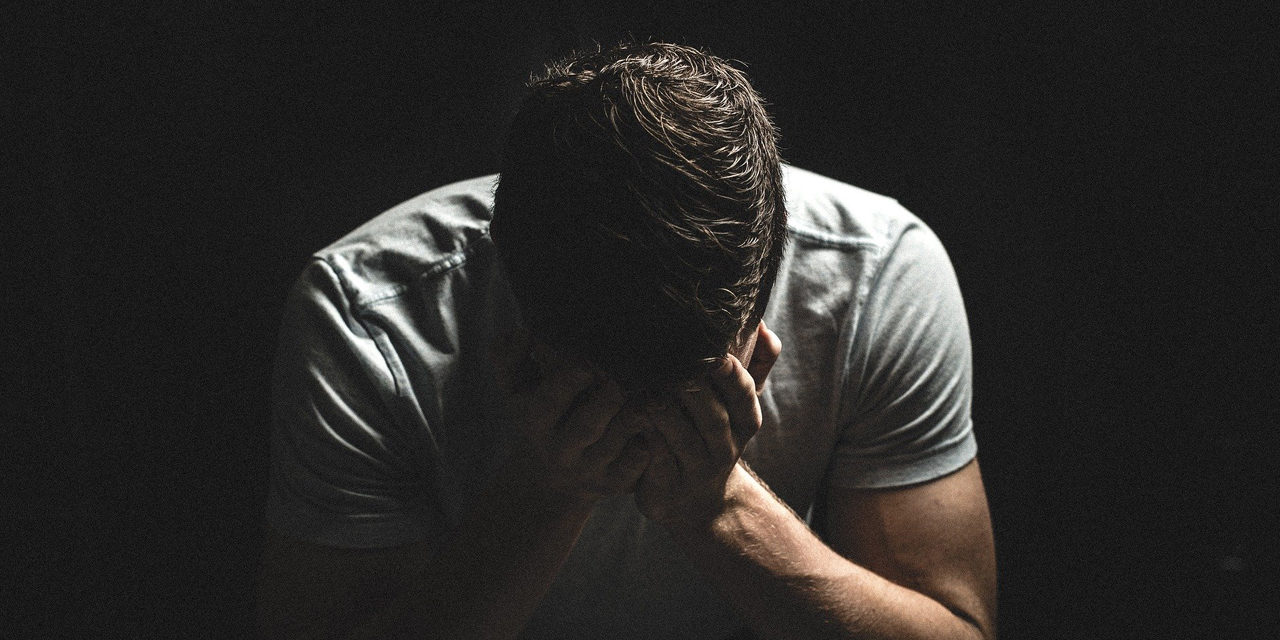As the saying goes, there are only two things for certain in life: death and taxes. In a global pandemic, the process of loss and grief after the death of a family member or friend has become a bit more complex, and family and friends are struggling to deal and process the aftermath and trauma.
COVID-19 takes a toll on the elderly, the patriarchs and matriarchs of the family. According to one report from New York City, about 72.3% of the deaths are people aged of 65+. This likely reflects a similar trend across the country (though it doesn’t look like there is an official record yet).
This reality leaves many families unable to comfort their loved one during his or her final days.
Deborah Mastromano, a retired woman in Long Island, was unable to visit her mother for about a month when the coronavirus infected the nursing home where she visited her mother a couple times a day. By the time she got to see her again, it was only for about an hour when the nursing staff determined that her mother was hours from death. She got to see her mother’s body the next day before it was sent to the mortuary. Unfortunately, Mastromano wasn’t able to hold her mother’s hands in her final moments.
Mike, a retired lawyer and classical music enthusiast in Colorado, caught the coronavirus and quickly passed away from the disease. Though the family got to listen to a priest remotely deliver the last rites, he died without the presence of any family members.
“When he died, I thought it was a tragedy,” Mike’s daughter Maggie said to CPR News. “Even though we got to listen to the last rites over the nurse’s phone, I felt so sad for him, because he was essentially dying alone, and I know he didn’t want to.”
A program called No One Dies Alone has also had to suspend operations due to the pandemic. This organization utilizes volunteers, including medical students and “spiritual care practitioners,” to spend time with patients who are close to death. They may “talk or read to them, light candles, play music and mop their brow.” It is an act of human compassion and love that can comfort someone in their last moments.
Many families are also struggling with not having a funeral, but instead a small, private family gathering either at a funeral home, if permitted, or just at the grave site. Since the funerals are usually limited to a handful of people, at the most 10, families are being forced to make tough decisions about who can attend. This isn’t limited to coronavirus patients either, funerals for those that have died from accidents, illnesses or natural causes are also included.
No funeral means that there is no opportunity to grieve the person who has died, and no way to celebrate their life. It’s an important part of the mourning process. Some close family members, even grandchildren, are sometimes unable to attend because of crowd restrictions.
This situation is compounded by reports that the bodies of coronavirus victims are being treated by some with a certain amount of disregard. In Philadelphia, the bed of a pick-up-truck was used to transport the bodies of men and women from the medical examiner’s office to a funeral home. During the process, one of the transporters even put their foot on one of the bodies. At Brooklyn Hospital, New York, bodies were being lifted up onto a refrigerator truck by a forklift.
As Christians, we know that the soul has passed after death, but it would be difficult to think that your parent, grandparent, sibling or close friend was being stepped on or their body moved around with a forklift. Even in death, we want our family members treated with respect.
The process of death is as much for the living as it is the dying. Those last moments with a family member or close friend are an important part of the grieving process. To know that a parent, grandparent or sibling spent those last minutes alone with no one to comfort them, let alone that their bodies were seemingly dumped into the back of a truck as their earthly remains were moved to a funeral home, would be traumatic.
Photo from Pixabay






